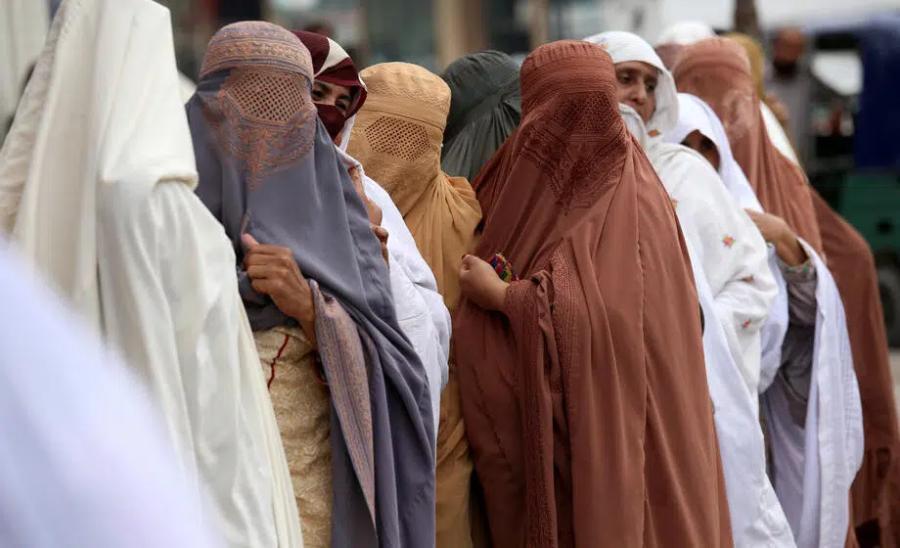The law was proposed by the far-right party Chega.
It would prohibit wearing face coverings such as burqas and niqabs—the Muslim veils that cover the entire face—in most public places. Face coverings would still be permitted on airplanes, in diplomatic premises, and in religious institutions.
Those wearing face coverings in public would face fines ranging from 200 to 4,000 euros.
Portuguese President Marcelo Rebelo de Sousa still has to sign the law. He could veto it or refer it to the Constitutional Court for review, reports Danas.
If the law comes into force, Portugal would join numerous European countries where full or partial bans on face and head coverings are in place, such as Austria, France, Belgium, and the Netherlands.
In Portugal, very few women wear such face coverings, but the issue of the Islamic veil has sparked controversies similar to those in other European countries.
Chega cited France and other EU countries as examples when justifying the ban on face coverings, which are most commonly worn by Muslim women.
The far-right Portuguese party received support for the law from center-right parties.
In the bill’s explanation, Chega stated that face coverings expose individuals—especially women—to situations of “exclusion and inferiority,” and that such practices are incompatible with principles such as “freedom, equality, and human dignity.”






